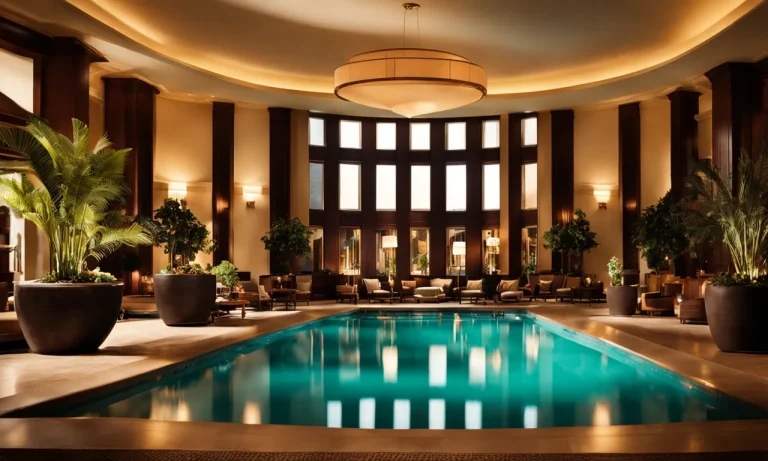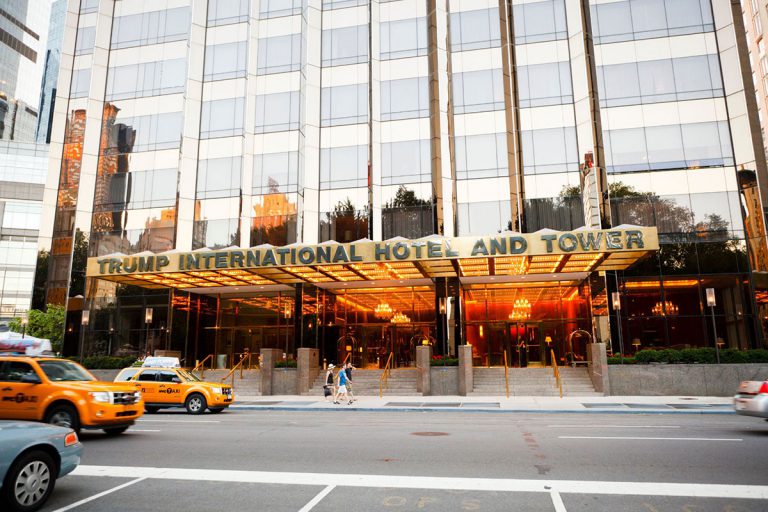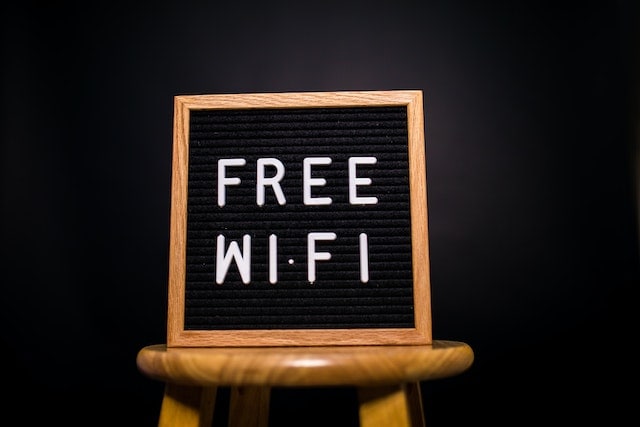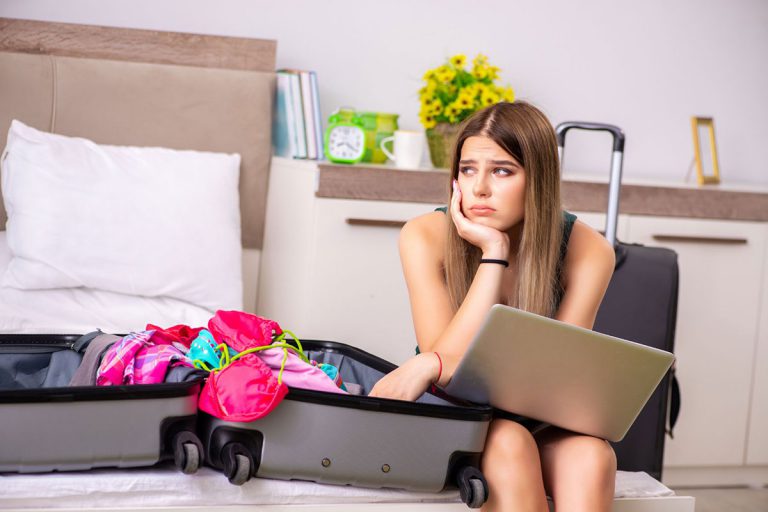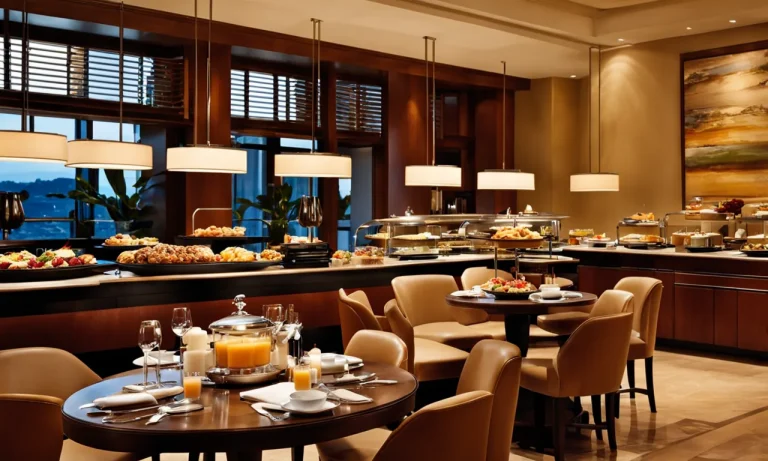Airbnb has become an incredibly popular lodging option, offering travelers more space and amenities than typical hotels. However, Airbnbs also come with some potential downsides to consider when booking accommodations.
If you’re short on time, here’s a quick answer: The key disadvantages of Airbnbs include less consistency, oversight, and on-site support compared to hotels. Other risks are cleanliness issues, misleading listings, and the chance of last-minute cancellations.
Lower Standards and Consistency
When staying in an Airbnb, one of the main disadvantages is the lack of consistency and lower standards compared to traditional hotels.
Unlike hotels that have a standardized level of service, amenities, and cleanliness, Airbnb listings can vary greatly in quality and accuracy.
Listings vary greatly in quality and accuracy
With Airbnb, you are relying on the description and photos provided by the host to determine the quality of the accommodation. However, these listings can sometimes be misleading or inaccurate.
What may appear to be a luxurious and spacious apartment in the photos could turn out to be a cramped and outdated space in reality. It is not uncommon for guests to be disappointed with the actual condition of the property upon arrival.

Harder to resolve issues without on-site staff
Another drawback of staying in an Airbnb is the lack of on-site staff to assist with any issues that may arise during your stay. In a hotel, there are usually staff members available 24/7 to address any concerns or provide immediate assistance.
However, with an Airbnb, you may have to rely solely on the host’s responsiveness and availability, which can be unpredictable. This can make it more challenging to resolve problems quickly and efficiently.
Cleanliness standards may be lower than hotels
While many Airbnb hosts strive to maintain a clean and comfortable environment for their guests, the cleanliness standards may not always be up to par with hotels.
With a rotating roster of guests and the absence of daily housekeeping, there is a higher risk of encountering cleanliness issues, such as unclean bathrooms, dirty linens, or lingering odors.
It’s important to read reviews and carefully assess the cleanliness ratings provided by previous guests before making a booking.
Cancellations can happen last minute
One of the disadvantages of booking an Airbnb is the possibility of last-minute cancellations by the host. Although Airbnb has policies in place to protect guests from cancellations, there have been instances where hosts have canceled bookings close to the check-in date, leaving guests scrambling to find alternative accommodations.
This can be particularly inconvenient and stressful, especially if you have made travel arrangements and plans around your Airbnb stay.
Limited Accountability
When staying in an Airbnb, one of the main disadvantages is the limited accountability compared to traditional hotels.
Unlike hotels, Airbnb rentals are not subject to the same level of formal oversight. This can lead to a lack of transparency and potential issues for guests.
Less formal oversight compared to hotels
Hotels are subject to regulations and standards that ensure the safety and comfort of guests. They are required to adhere to health and safety guidelines, undergo regular inspections, and maintain certain standards of cleanliness.
In contrast, Airbnb rentals may not be held to the same level of scrutiny. While hosts are encouraged to provide a safe and pleasant experience for guests, there is no guarantee that they are adhering to these same standards.
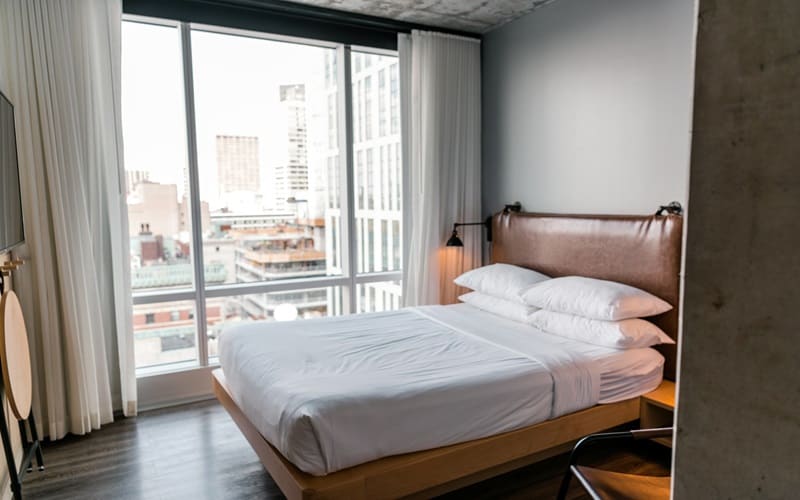
Problems like maintenance issues may be ignored
In a hotel, if there is a maintenance issue such as a leaking faucet or a broken air conditioner, the hotel staff is typically quick to address and resolve the problem. In an Airbnb, however, the host may not be as responsive or attentive to these issues.
This can result in a less comfortable stay for guests, with problems potentially going unresolved for extended periods of time.
Guest safety less monitored
Another disadvantage of staying in an Airbnb is that guest safety may be less monitored compared to hotels. Hotels have security measures in place such as surveillance cameras, key card access systems, and onsite staff available 24/7.
While some Airbnb hosts may have security measures in place, it is not a requirement and can vary greatly from rental to rental. This can leave guests feeling less secure during their stay.
Host reliability and quality varies greatly
One of the challenges of staying in an Airbnb is the wide variation in host reliability and the quality of accommodations.
While many hosts are responsible and provide a positive experience for guests, there are also cases where hosts may cancel bookings last minute or fail to accurately represent their rental in the listing. This lack of consistency can make it difficult for guests to know what to expect and can result in a disappointing stay.
Location and Amenity Drawbacks
While staying in an Airbnb can offer unique and personalized experiences, there are certain disadvantages to consider. One of the drawbacks is that listings may be farther from key attractions compared to traditional hotels.
When booking an Airbnb, it’s important to carefully check the location and proximity to the places you want to visit. It’s not uncommon to find properties that are located in residential areas or outskirts of the city, which may require additional travel time to reach popular tourist spots.
Listings may be farther from key attractions
When searching for an Airbnb, it’s essential to research the neighborhood and its distance from the attractions you plan to visit. While some listings may be conveniently located, others may require longer commutes or additional transportation expenses.
It’s always a good idea to use map services or read reviews from previous guests to get a better understanding of the location.
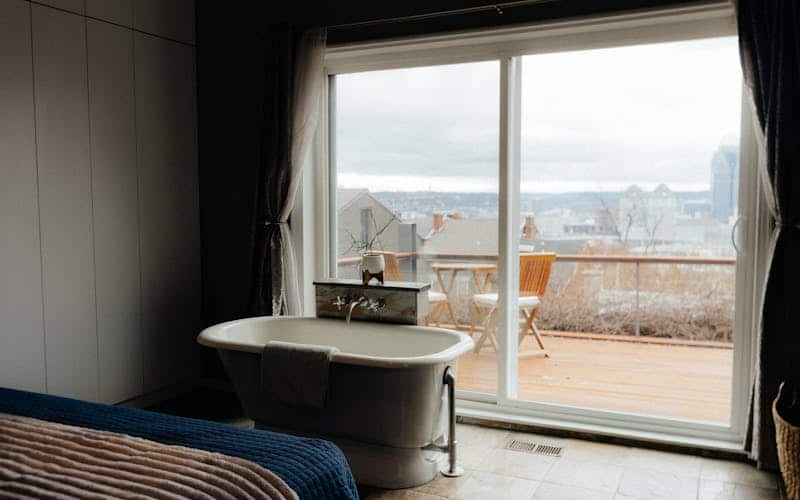
Public transit and parking may be limited
Another drawback of staying in an Airbnb is that public transit options may be limited in certain areas. Unlike hotels, which are typically located near transportation hubs, Airbnb listings can vary in terms of accessibility to public transportation.
This can be an inconvenience for travelers who rely on buses, trains, or subways to get around. Additionally, parking may be limited or not available at all, depending on the location and property. It’s important to consider these factors if you plan to use public transportation or have a rental car.
Kitchenware and amenities vary listing to listing
One of the advantages of staying in an Airbnb is the ability to have access to a kitchen, which can help save money on dining out. However, it’s important to note that kitchenware and amenities can vary from listing to listing.
Some hosts may provide a fully stocked kitchen with all the necessary cooking utensils, while others may have limited supplies. It’s recommended to carefully read the listing description and reviews to ensure that the amenities you require are available.
Financial Uncertainty
Staying in an Airbnb can sometimes come with financial uncertainties that may not be as prevalent when booking a traditional hotel. Here are some of the disadvantages related to financial matters when staying in an Airbnb:
Pricing fluctuates frequently
One of the main drawbacks of staying in an Airbnb is the fluctuating prices. Unlike hotels that often have fixed rates, Airbnb prices can change frequently due to various factors such as demand, seasonality, and even the host’s discretion.
This can make it challenging to budget for accommodation expenses, especially if you are planning a trip well in advance.
Extra fees like cleaning and service fees
Another financial disadvantage of staying in an Airbnb are the additional fees that may not be immediately apparent when booking. Many hosts charge cleaning fees and service fees on top of the nightly rate, which can significantly increase the overall cost of your stay.
It’s important to carefully read the listing details and reviews to avoid any surprises when it comes to these extra expenses.
Security deposits and penalties for damages
Unlike hotels, Airbnb hosts often require a security deposit to cover any potential damages that may occur during your stay.
While this is understandable from a host’s perspective, it means that guests have to bear the burden of potentially losing a portion or all of the deposit if any damage is deemed to have occurred.
It’s important to be mindful of the property’s rules and take necessary precautions to avoid any unnecessary charges.
Discount deals less common than with hotels
When it comes to finding great deals and discounts, hotels often offer more options compared to Airbnb. Hotels frequently have promotions, loyalty programs, and partnerships with travel websites that can help travelers save money on their accommodation.
On the other hand, discounts for Airbnb rentals are less common and may require more thorough research to find the best deals.
It’s important to consider these financial uncertainties and disadvantages before choosing to stay in an Airbnb.
While there can be cost savings and unique experiences associated with renting someone’s home or apartment, it’s essential to weigh the potential financial drawbacks as well.
Shared Spaces and Privacy Concerns
When staying in an Airbnb, one of the main disadvantages is the shared spaces and privacy concerns that can arise. Here are some key points to consider:
Having shared walls, floors and yards
Unlike hotels or traditional accommodations, staying in an Airbnb often means sharing walls, floors, and yards with other guests or even the hosts themselves. This can result in a lack of privacy and a potential for noise disturbances.
It’s important to remember that the level of privacy can vary from one Airbnb to another, so be sure to read the property description and reviews carefully before booking.
May interact with hosts and other guests
Another aspect of staying in an Airbnb is the possibility of interacting with hosts and other guests. While some people enjoy the social aspect and the opportunity to meet new people, others may prefer a more private and secluded experience.
If you value your alone time or prefer minimal interaction, it’s important to communicate your expectations with the host beforehand or consider other accommodation options.

Private entries and locks not always provided
In some cases, Airbnb listings may not offer private entries or locks for the guest’s room or apartment. This can lead to concerns about safety and security, especially if you are traveling alone or with valuable possessions.
It’s essential to read the listing details carefully and inquire with the host if you have any concerns about the level of security provided.
Noise can be an issue
With shared spaces, noise can be a common issue in Airbnb accommodations. Depending on the property and the behavior of other guests or neighbors, you may experience disturbances during your stay.
It’s always a good idea to check the reviews and inquire about noise levels before booking to ensure a peaceful and comfortable experience.
While staying in an Airbnb can offer unique and cost-effective travel experiences, it’s important to be aware of the potential disadvantages, such as shared spaces and privacy concerns.
By doing thorough research, communicating your expectations, and choosing the right Airbnb for your needs, you can minimize any potential drawbacks and enjoy your stay.
Conclusion
While Airbnbs offer unique advantages like home-like amenities and local flavor, disadvantages like inconsistent quality, limited accountability, and lack of on-site staff can pose issues for travelers.
Considering these potential downsides when booking can help you choose the best lodging option.

